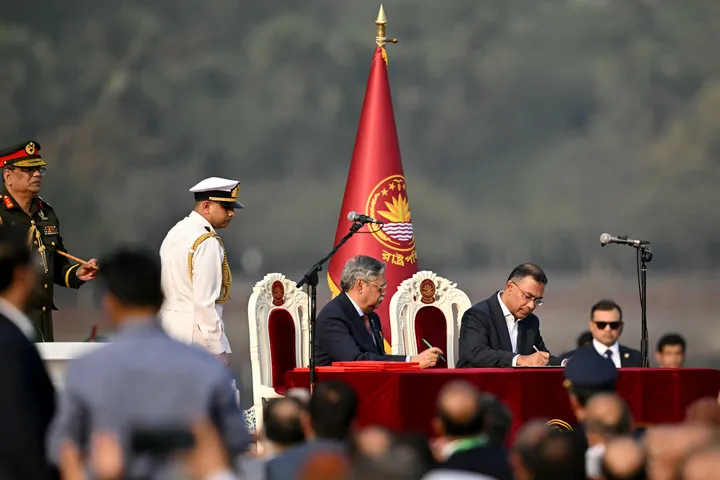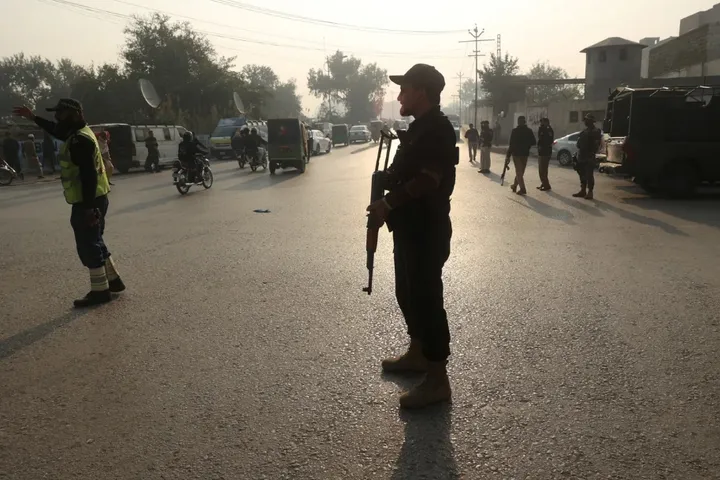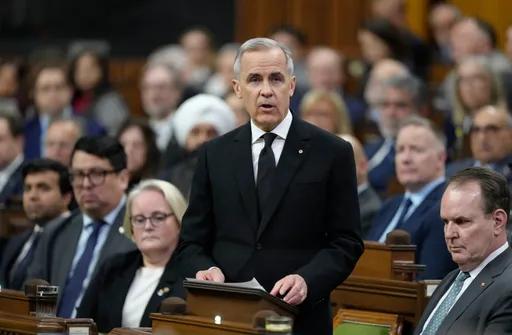Greece’s conservative government has been harshly criticised by a European Parliament committee investigating spyware use by European Union governments, Human Rights Watch (HRW) has said in a report.
Spying on journalists and opposition leaders not only raises serious concern over media freedom and free expression in Greece but also violates the confidentiality of journalistic sources, which is protected under the European Convention on Human Rights and EU Charter of Fundamental Rights, the watchdog said on Monday.
On Sunday, a newspaper report revealed that more than 30 people, including several current Cabinet ministers, businesspeople and journalists, had been under state surveillance through phone malware.
“For many months, I was in fear. In fear of meeting people, my sources, and exposing them,” Stavros Malichudis, an independent reporter, told Human Rights Watch.
“It took me a lot of time to disengage from what happened and start doing reporting again,” he added.
Malichudis discovered in November 2021 that Greece’s intelligence service, EYP, had spied on him, said HRW.
According to the report, Greece fell 38 positions within a year in Reporters Without Borders’ 2022 press freedom index, with the organisation listing it as the lowest-ranked EU country.
In September, dozens of witnesses were barred by the government from taking part in an inquiry on the so-called “Greek Watergate” surveillance scandal. In addition, it said that all inquiry meetings would remain confidential and would be held behind closed doors, raising transparency concerns.
The government should not interfere with journalists’ jobs, said HRW, adding it should open a Greek parliamentary inquiry and cooperate with the European Parliament.
READ MORE: Greek opposition mulls no-trust motion over wire-tapping scandal
Surveillance scandal
On August 8, Prime Minister Kyriakos Mitsotakis acknowledged that an opposition leader had been wiretapped by the Greek intel agency but denied any knowledge of it.
The scandal emerged on August 4 when Panagiotis Kontoleon, then-head of the EYP, told parliament that the intelligence agency had been spying on financial journalist Thanasis Koukakis. One day later, Kontoleon resigned.
Opposition parties blame Mitsotakis for the scandal and have called for the government to hold snap elections.
READ MORE: European Commission 'very closely' monitoring Greece wiretapping scandal























